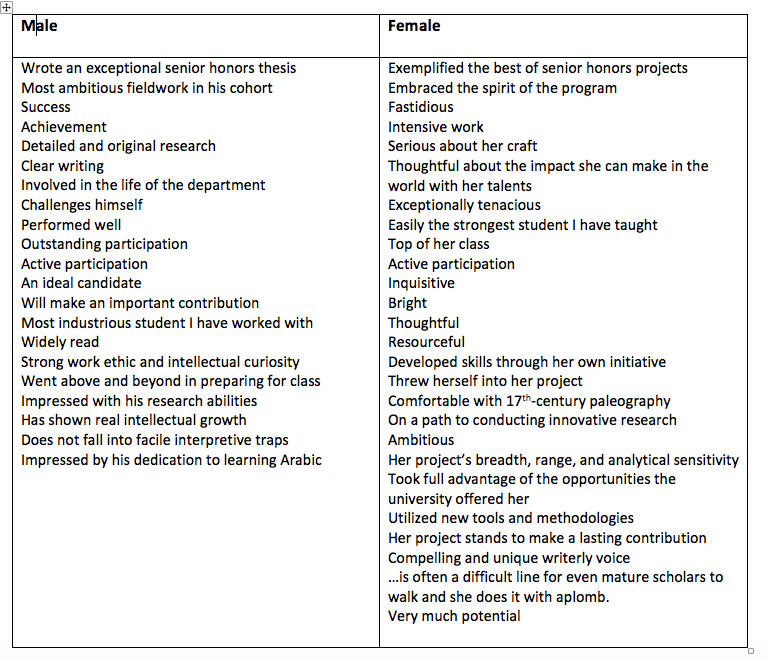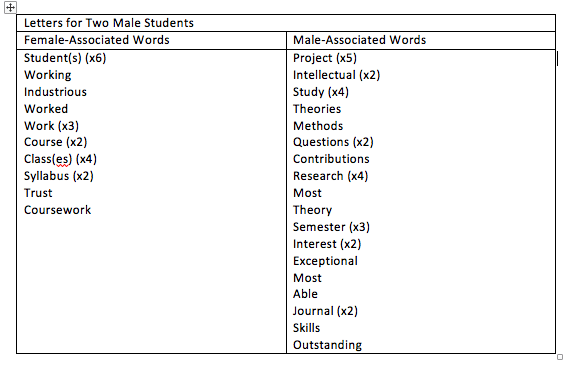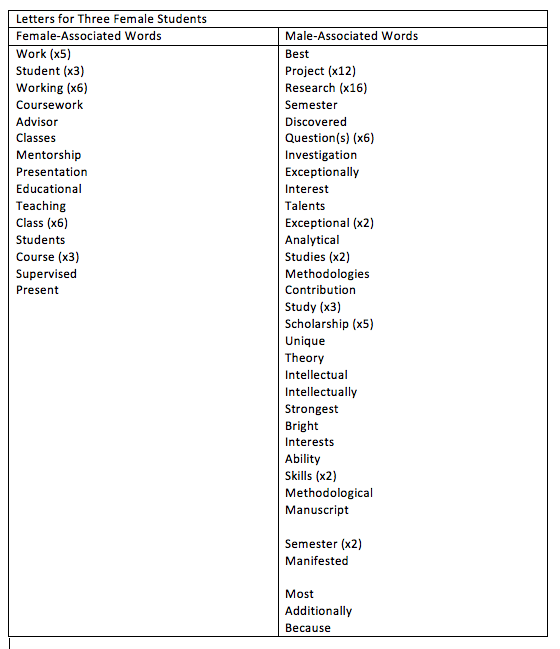In an interview this morning, the president said deportation might be the appropriate punishment for football players who kneel during the national anthem to protest police brutality and the extent to which the American promise reflected in the lyrics to the song does not extend to African-American people. That’s not a good thing for the president of the United States to be saying.
On the one hand, he’s a madman and he doesn’t think before he speaks. But on the other hand? Well, on the other hand it reminds me of one year in grad school when the prospective students were visiting:
The players are J, a prospective student, and H, a current student two years behind me, a friend, and a guy who had immigrated to the US from an Asian country as a teenager. Also me and A, both white, American-born grad students.
During one of the meet-and-greets with the current students, the four of us were standing around talking and J asked H where he was from. H named the Asian country where he had grown up. “Ah,” said J, “I could tell that you belonged to one of the martial races.” We were all a little dumbfounded and I don’t remember how we changed the subject or recalibrated the conversation.
A and I had some words with J later. To everyone’s relief, he ended up enrolling in a different graduate program, one that, as it has emerged in the last few years, rather tolerates racialized comments towards Asian and Asian-American people.
When I talked with H about the whole incident later, he was inclined to give J the benefit of the doubt, suggesting that perhaps he had just been nervous and blurted out something really stupid because of that. And I remember saying to H that maybe that was the case, but that for J to have blurted out a comment out of a 19th-century ethnography textbook, it would have to have been not only in his brain but pretty close to the tip of his tongue to be the thing that he blurted out when he was at a loss for words due to a moment of pressure or social anxiety.
And here we are. Every rational fiber of my body and brain is trying to tell me not to worry that the president of the United States just admitted that he is considering deporting people who protest police brutality: it’s impractical (what country would agree to take political deportees from the US?); the institutions of our country are still, I hope, too strong for that to happen; and (again, I can only hope) citizens would flood the streets and prevent it from happening. But all the same — and I do not resort to Holocaust analogies lightly — nobody in Germany really thought that its own citizens would get deported, even as this kind of rhetoric surged on the political stage.
Maybe his off-handed comment about deporting football players who protest police brutality was just that, a stupid, off-hand comment; but it reflects something in his brain and on the tip of his tongue. To paraphrase Maya Angelou, the president has shown us all along who he is and he continues to show us; we need to believe him and we need to be prepared for what may c0me next.




